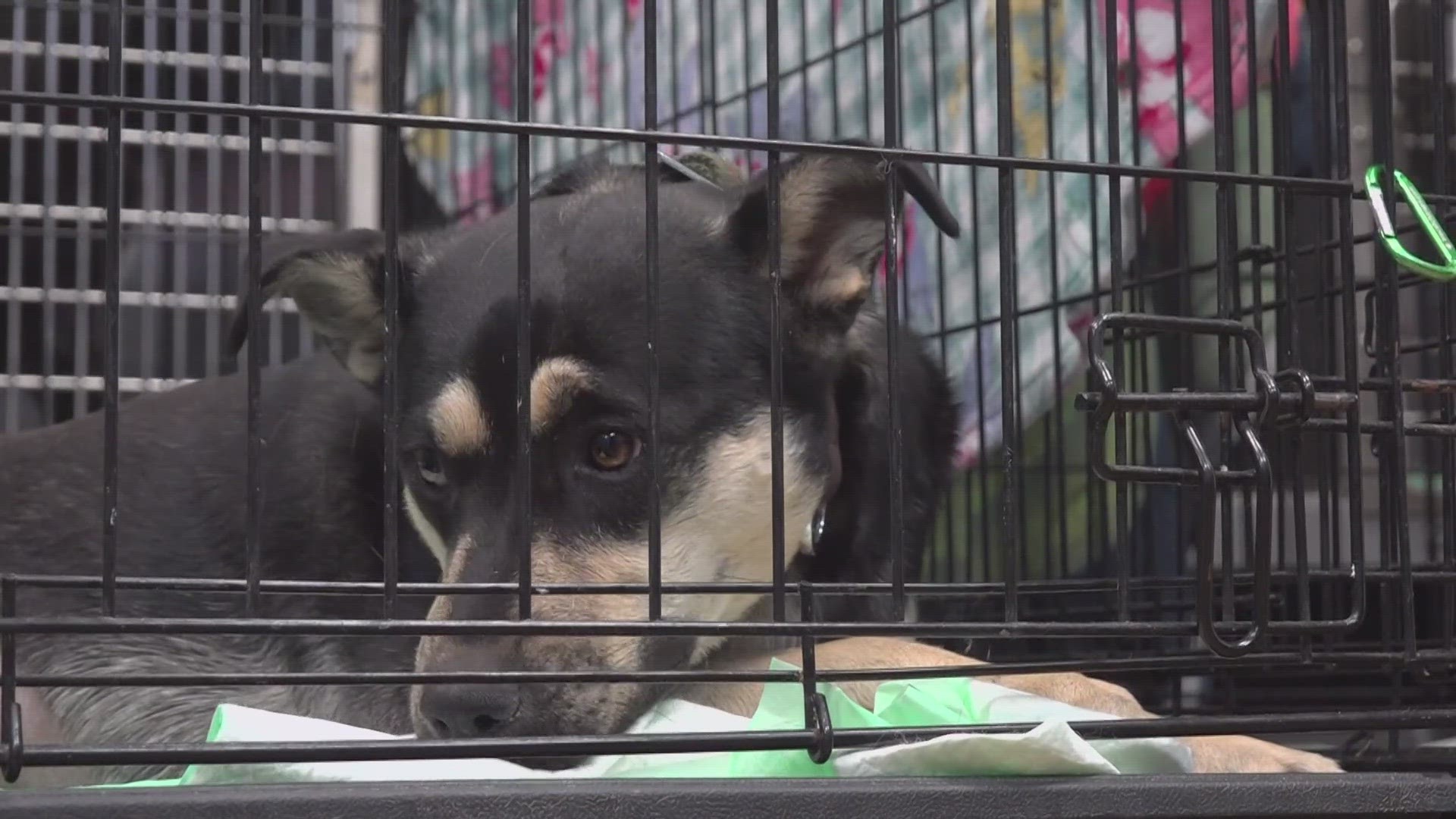NewsWest 9
It may be a new term for some, "Super Bugs." However, it's nothing new to the medical world.
"It's been known for a while. And for those movie buffs, the book Jurassic Park actually one of the simple profound statements was, 'life finds a way,'" Dr. Satish Mocherla with Medical Center Hospital Infectious Disease Medicine, said.
The bacteria have found a way to evolve and become resistant to antibiotics used for years to kill them.
"If you're going to try to kill any bacteria, virus, or any fungi then it will find a way to survive. And that essentially is a sum total of what we are seeing," Mocherla said.
So, what are some of the more common super bugs that have kept the medical community on high alert?
According to the Centers for Disease Control, 10,000 American patients die from hospital acquired infections each year.
Methicillin-Resistant Staphylococcus Aureus or better known as MRSA is one of those. This bug is a specific type of staph that has become resistant to antibiotics.
Back in the 80's, MRSA started reaching epidemic proportion, because you didn't have to be hospitalized to catch it. It's already spread to the outgoing community.
One of the more recent "Super Bug" catching attention is Carbapenem-Resistant Enterobacteriacea or CRE.
This bacteria has shown up in the severely ill and can make pneumonia, diarrhea and Urinary tract infections untreatable.
According to a 2012 CDC report, 42 states including Texas, four percent of hospitals and 18% of nursing homes have seen CRE pop up.
The goal with this "bug" is to ensure that, unlike MRSA, it does not reach the general population.
Our local hospitals in the Basin are doing just that.
Val Sparks, head of the Infection Perfectionist Team at Midland Memorial Hospital, does this with a new software her teams acquired called ICNet.
"We monitor all the reportable diseases in Texas. We also monitor drug resistant organisms which is the MRSA and VRE," Sparks said.
Although none of these "Super Bugs" have shown up in any of our local hospitals, they are always on alert.
"If you can get that information. The fastest you can get that, the better access you have at physicians looking at it, getting the proper treatment and saving lives," Sparks said.
However, the bacteria continues to mutate at such a rapid rate which Dr. Mocherla says leaves a detrimental need for new antibiotic to fight these "Super Bugs."
"We do need new antibiotics. We do need more research, we do need more funding. We do need the help of the pharmaceutical companies to help us in this," Mocherla said.



